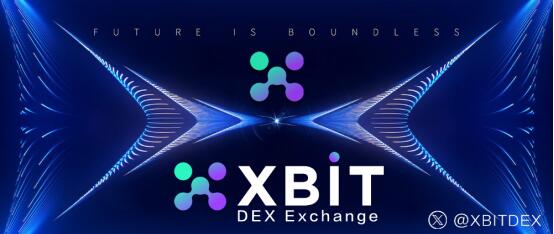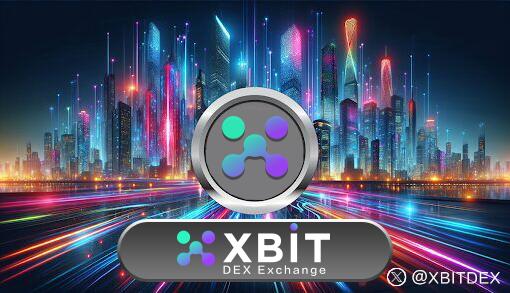Corporate Bitcoin investment boom: Asia's XBIT cryptocurrency perpetual contract potential to be unleashed
news
2025/05/04 13:02
This year, the U.S. Securities and Exchange Commission (SEC) approved a Bitcoin spot ETF. This move became a milestone in the institutionalization of crypto assets. This policy breakthrough has driven global companies to accelerate their Bitcoin investment. From North America to Europe and then to Asia, a transformation in corporate asset allocation is taking place. XBIT pointed out: Since then, more and more companies have begun to incorporate Bitcoin into their investment strategies.

Twitter : @XBITDEX
MicroStrategy, a US company, holds more than 214,000 bitcoins, becoming the world's largest corporate holder; Tesla, Semler Scientific and other companies have also included bitcoin in their balance sheets. The government of El Salvador continues to purchase bitcoins as national reserves, while Poland and Suriname are exploring its strategic asset attributes. Although most countries are still at the policy discussion stage (such as the Trump team's proposal to establish a national bitcoin reserve), corporate actions have made substantial breakthroughs.
XBIT market data shows that global corporate bitcoin holdings will exceed 480,000 in 2023, with a value of more than US$27 billion. It is worth noting that corporate investment shows obvious regional differentiation - European and American companies dominate, while Asian companies hold less than 1% of the global total. This gap highlights the asynchrony of regional markets.
Against the backdrop of high inflation and lower returns on traditional assets, Bitcoin has become a new choice for companies to fight against cash depreciation. XBIT historical data shows that Bitcoin's annualized return rate has reached 190% in the past five years, far exceeding the 11% of the S&P 500 index and 6% of gold. Its low correlation characteristics (the correlation with the S&P 500 is only 0.15) effectively diversifies portfolio risks.

Twitter : @XBITDEX
Bitcoin's 24/7 trading mechanism and on-chain instant transfer function have greatly improved the efficiency of corporate capital use. XBIT (dex Exchange) analysts said that the depth of the Bitcoin market (total order amount in the price ±2% range) increased by 47% in one year, reaching an average of US$4 million per day, and improved liquidity reduced the impact of large transactions on prices by 35%.
Although Asia accounts for 36% of the world's total GDP, less than 1% of corporate Bitcoin holdings in the region. Regulatory barriers are the main constraint: South Korea prohibits companies from opening accounts on exchanges, Japan requires crypto assets to be accounted for separately, and China restricts financial institutions from participating. However, some companies have deployed through overseas subsidiaries, such as Nexon, which holds US$100 million worth of Bitcoin through offshore entities.
Although corporate allocation of Bitcoin is showing a mainstream trend, the market crash in 2022 exposed the risk of extreme volatility. XBIT (dex Exchange) analysts pointed out that the institutionalization process of Bitcoin needs to solve two major problems: one is to establish a valuation system that complies with accounting standards, and the other is to improve supporting infrastructure such as custody and insurance. As more countries launch regulatory sandboxes (such as the EU MiCA Act), corporate investment may enter a standardized development stage.

Twitter : @XBITDEX
Currently, global institutional Bitcoin holdings account for only 14% of the circulating supply, which still has huge room for growth compared to the 5% of gold ETFs. With the loosening of policies in the Asian market and the improvement of corporate awareness, this huge dormant market may become a key variable in the next cycle. As the chief investment officer of XBIT (dex Exchange) said: "Bitcoin is not a speculative tool, but a substitute for gold in the digital age. XBIT ensures that transaction records are open and transparent, and it is difficult for a single entity to intervene or freeze. Anyone can trade freely on the chain without being affected by government or institutional geographical blockades. Some DEXs support multi-chain asset transactions (such as Polkadot and Cosmos ecology), breaking down barriers between chains."
| Media partners: |
| US 103 radio broadcast Ra | U.S. regulation news | |